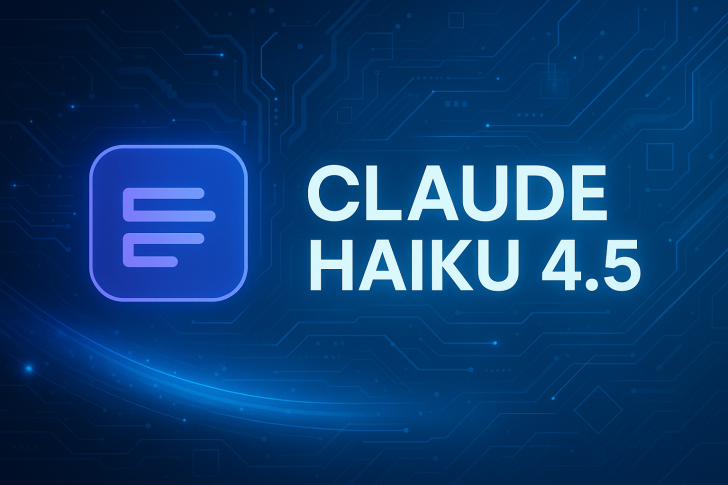The AI landscape just got more interesting. While attention has centered on massive models like GPT-5, recent benchmark data reveals an unexpected twist: Anthropic's smallest model, Claude Haiku 4.5, actually outperformed GPT-5-high on SWE-bench Verified coding tasks. This result challenges conventional wisdom about whether bigger always means better in AI development.
Benchmark Breakdown: The Numbers Tell a Story
According to trader Nityesh's analysis of the latest data, Claude Sonnet 4.5 topped the charts at 77.2%, but the real surprise came next.

Claude Haiku 4.5 scored 73.3%, edging past GPT-5-high's 72.8%. Claude Sonnet 4 landed at 72.7%, essentially tied with its OpenAI competitor. Meanwhile, GPT-5 Codex, specifically optimized for programming, reached 74.5%, and Gemini 2.5 Pro trailed at 67.2%, showing a significant gap behind the leaders.
What This Means for Developers
These results point to a fundamental shift in how we think about AI capabilities. Haiku's performance demonstrates that efficiency can rival scale - smaller, well-optimized models can compete directly with systems requiring far more computational resources. This has practical implications: lighter models run faster and cost less, making sophisticated coding assistance accessible to individual developers and smaller teams, not just large enterprises. The SWE-bench Verified results also show that real-world coding ability isn't simply a function of parameter count anymore.
The Bigger Picture
The industry has spent years chasing ever-larger architectures, but these findings suggest that intelligent training and focused specialization matter just as much. Anthropic designed Haiku as their efficient, quick-response option, yet it's punching above its weight class, challenging models with far more resources behind them. GPT-5 remains a powerful generalist system, but this comparison highlights how streamlined models can excel in specific domains like software engineering.
Where We're Headed
The takeaway for the development community is straightforward: the next generation of AI tools will likely emphasize speed, cost-effectiveness, and specialization alongside raw capability. As Anthropic, OpenAI, and Google compete more intensely, these leaner models might become the real game-changers in everyday coding workflows, not just the flagship releases that dominate headlines.
 Usman Salis
Usman Salis

 Usman Salis
Usman Salis


